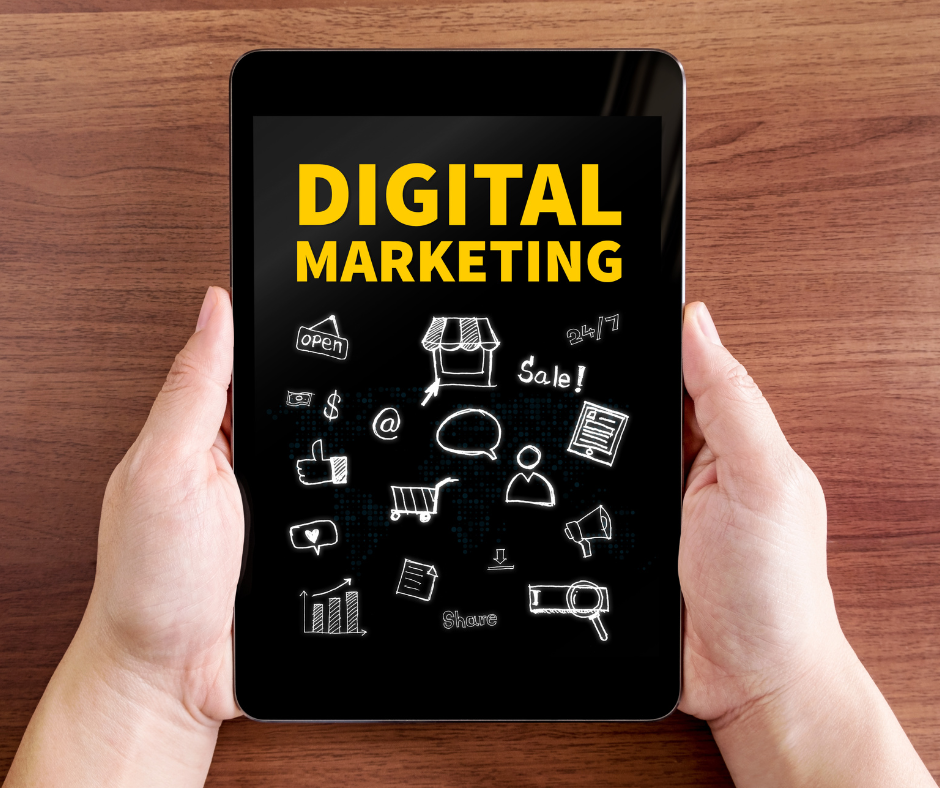In today’s digital age, where consumers are inundated with information and choices, personalization has emerged as a cornerstone of effective digital marketing strategies. Personalization goes beyond basic segmentation; it involves tailoring content, products, and experiences to meet the unique needs and preferences of individual customers. Here’s why personalization is crucial in driving business success and how businesses can leverage it effectively:
Enhancing Customer Experience and Engagement
- Creating Relevant and Timely Interactions
Personalization enables brands to deliver targeted messages and offers based on customer behavior, preferences, and past interactions. By understanding each customer’s journey, businesses can provide relevant content and recommendations, increasing engagement and fostering loyalty.
- Building Stronger Customer Relationships
When customers receive personalized communications that address their specific interests and concerns, it enhances their perception of the brand. This personalized approach helps in building trust and credibility, leading to long-term relationships and repeat business.
Driving Conversions and Sales
- Increasing Conversion Rates
Personalized marketing messages resonate more effectively with customers, leading to higher conversion rates. By tailoring product recommendations and promotional offers based on individual preferences, businesses can guide customers through the purchase journey with greater success.
- Upselling and Cross-selling Opportunities
Personalization allows businesses to identify upselling and cross-selling opportunities based on customer data. By recommending complementary products or upgrades, businesses can increase average order value and maximize revenue per customer.
Optimizing Marketing ROI
- Improving Marketing Efficiency
Personalization optimizes marketing spend by targeting the right audience with the right message at the right time. This reduces wasted resources on irrelevant campaigns and enhances the effectiveness of marketing efforts.
- Leveraging Data-Driven Insights
Advanced analytics and customer data provide valuable insights into consumer behavior and preferences. By leveraging these insights, businesses can continuously refine their personalization strategies, improving ROI and competitive advantage.
Implementing Effective Personalization Strategies
- Collecting and Analyzing Customer Data
Utilize data analytics tools to gather and analyze customer data, including demographics, purchase history, browsing behavior, and preferences. This data forms the foundation for creating personalized experiences.
- Segmenting Your Audience
Segment customers into groups based on common characteristics and behaviors. This segmentation allows for targeted messaging and tailored offers that resonate with each segment’s unique needs.
- Using Automation and AI
Implement automation tools and AI-driven algorithms to deliver personalized content and recommendations in real-time. Automation streamlines the personalization process, ensuring consistent and timely interactions across multiple channels.
Future Trends in Personalization
As technology evolves, the future of personalization in digital marketing will continue to evolve with advancements in AI, machine learning, and predictive analytics. These technologies will enable even deeper levels of personalization, offering real-time insights and hyper-personalized experiences that anticipate customer needs.
Conclusion
Personalization is not just a trend but a fundamental strategy for businesses aiming to thrive in the digital age. By prioritizing personalized customer experiences, businesses can enhance engagement, drive conversions, and build lasting relationships with their audience. The BAB Group Of Companies advocates for the strategic implementation of personalization in digital marketing to maximize customer satisfaction, loyalty, and business growth.

